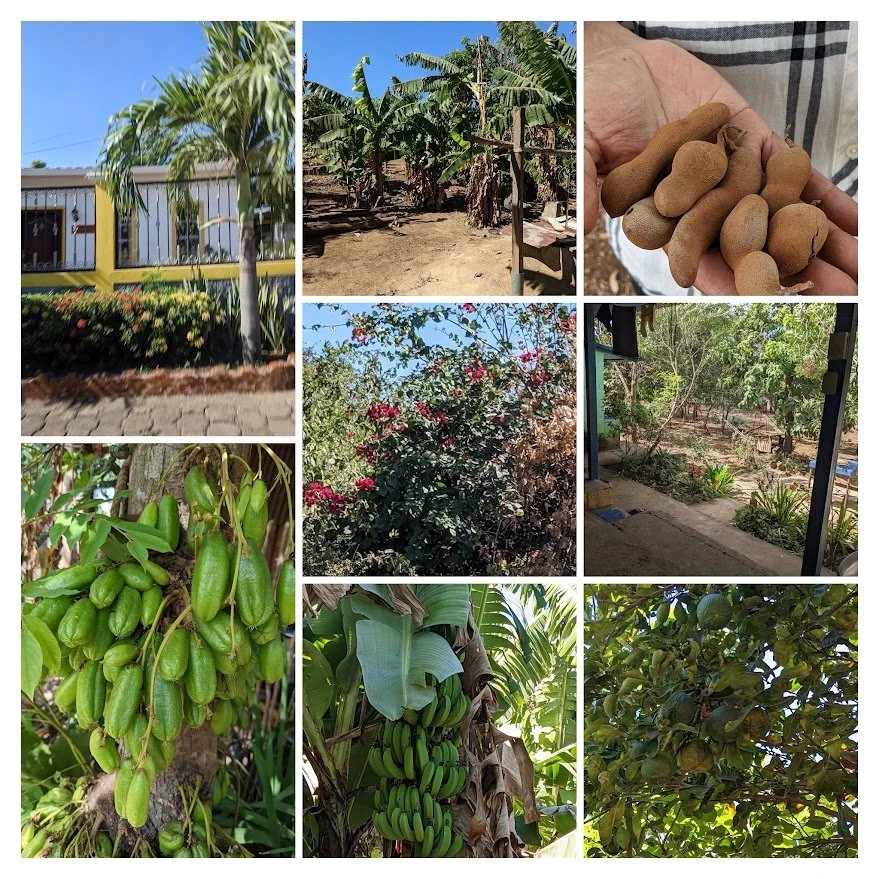Community and School Gardens
Multiple garden clubs join forces to plant mango & papaya trees in remote villages. These school children will learn how to care for the trees and about sustainable gardening in their new community garden.
By partnering with established groups who build community gardens, we can increase access to healthy fruits and vegetables that low-income people cannot afford. This gets nutrient-dense foods into the stomachs of children who regularly go without meals or exist mainly on rice and beans. Community gardens also bring neighbors together where they work side by side to grow food for their families and each other.
This private school grows peppers, tomatoes, and plantains to add to the school lunches and so the teachers get a bonus of fresh vegetables for themselves and their family.
Additional benefits of community and school gardens:
Participants learn valuable skills they can pass along to others and to future generations.
Classes provide up to date information on biodiversity, crop pairing, the use of organic fertilizer and more.
Gardens beautify inner city neighborhoods as well as more isolated villages.
Gardening engages the elderly as well as youth
Community gardening promotes better physical and mental health.
Amazing and delicious foods are grown in Nicaraguan community gardens.
Contact us if your group would like to partner with us in expanding community and school gardens and gardening education in Nicaragua. Email: theeducationgarden.np@gmail.com











